WPT Seminole Hard Rock Poker Championship Day 1A Kicks-Off
Hundreds of players show up bright and early to play Day 1A of the SHRPS Championship event, including dozens of formed WPT champions.
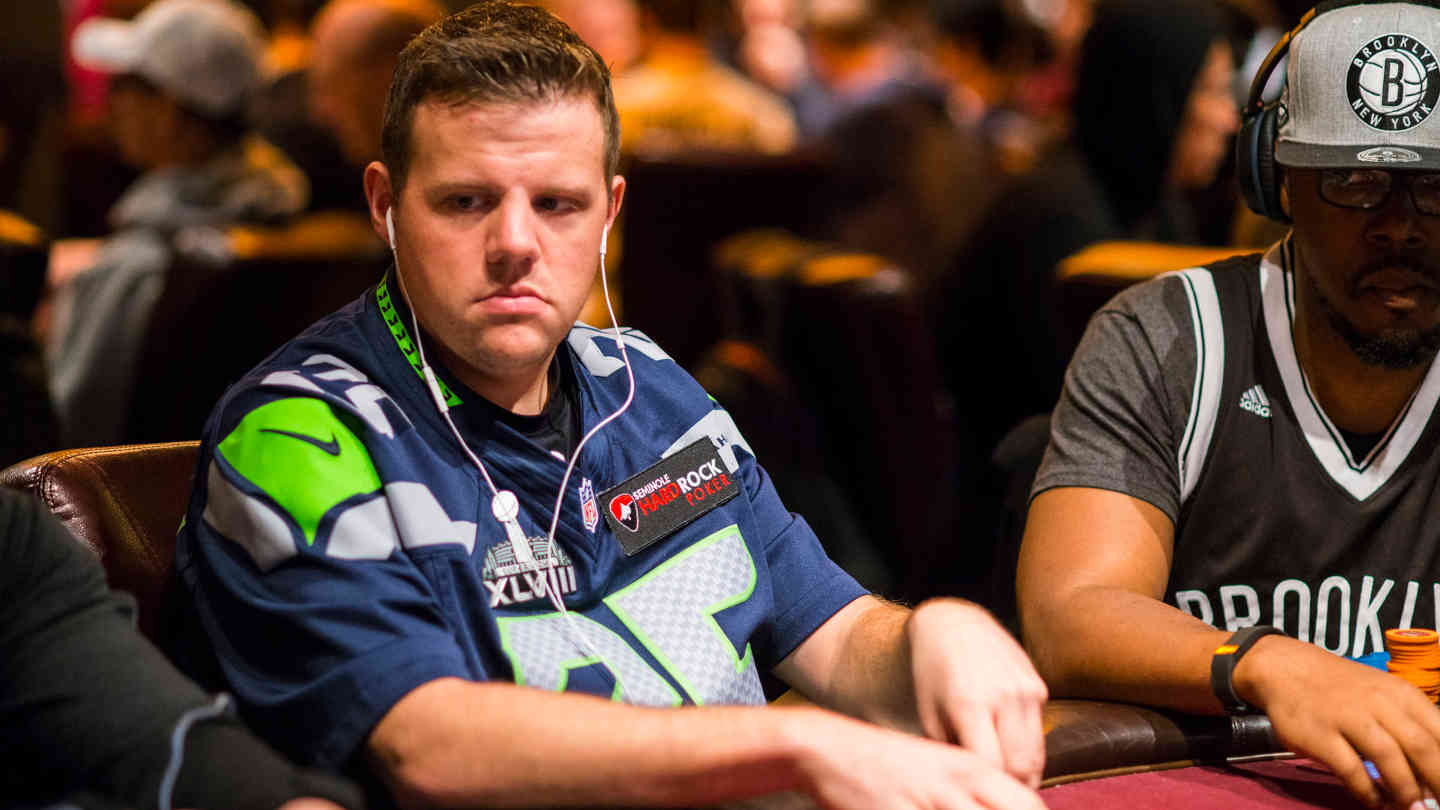
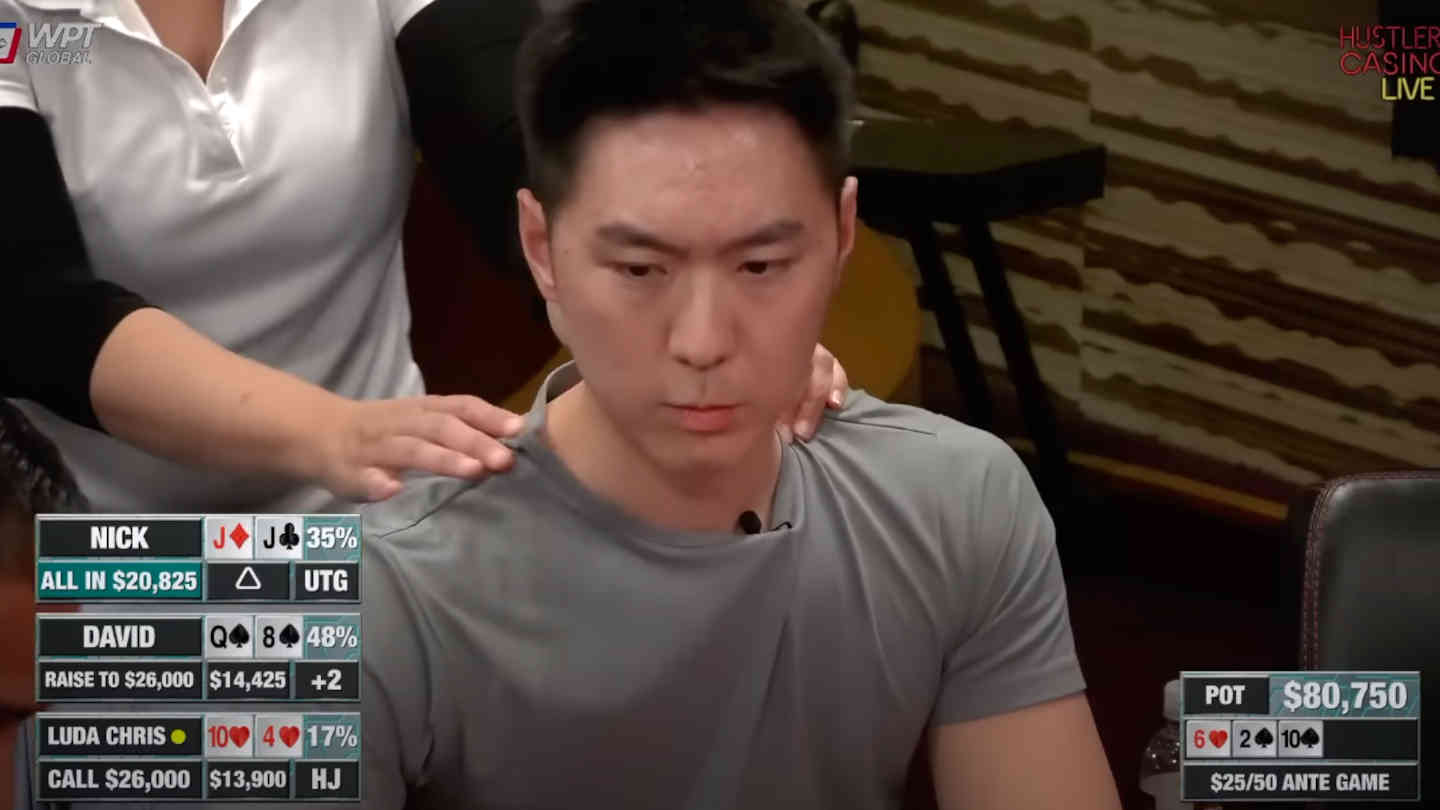
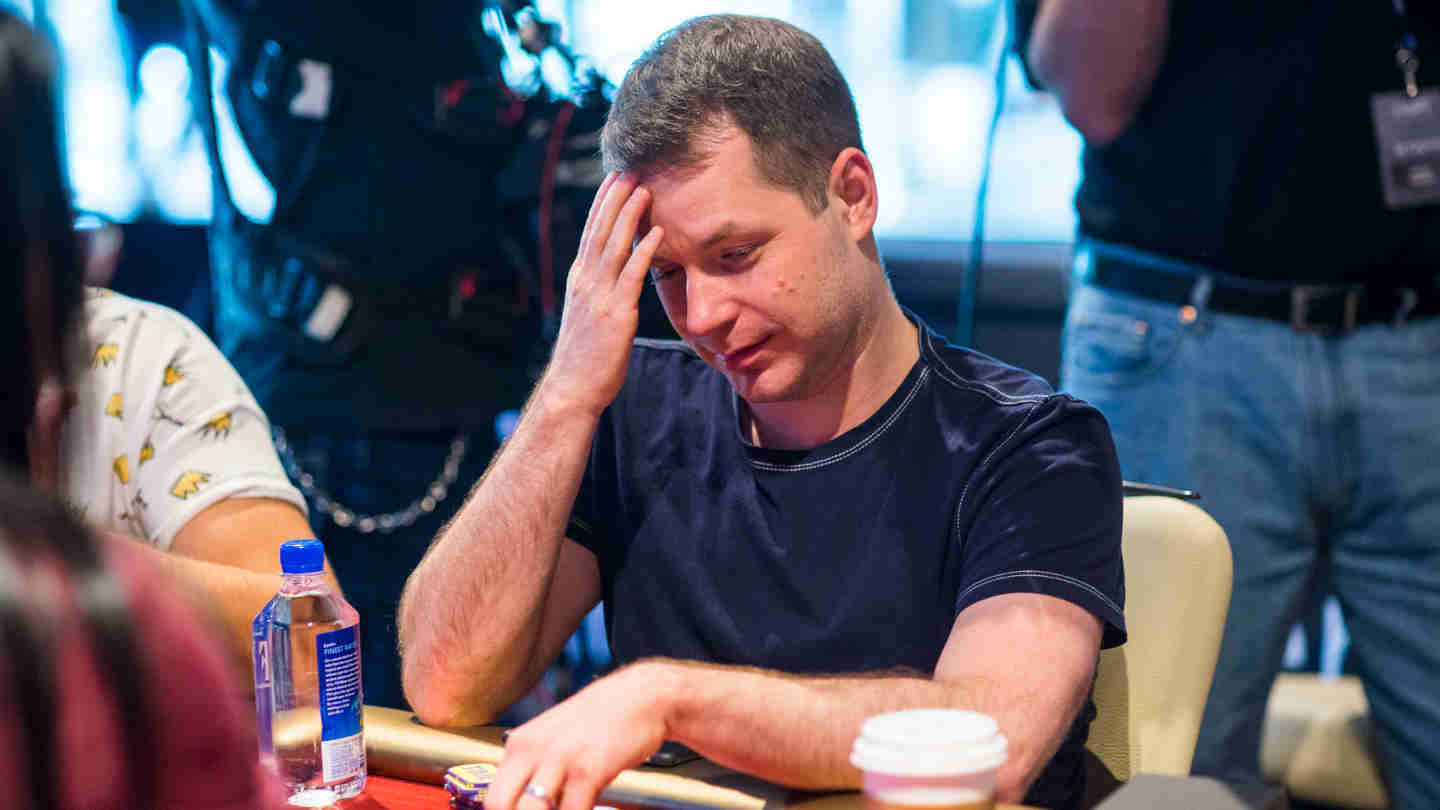



Some poker training sites are dedicated to a specific format, and others will benefit every single player. Everyone needs to learn how to put opponents on a precise range, master essential math elements, and deal with a mental game to play at their best.
This list includes programs and tools that will help you become a better player no matter what you play.
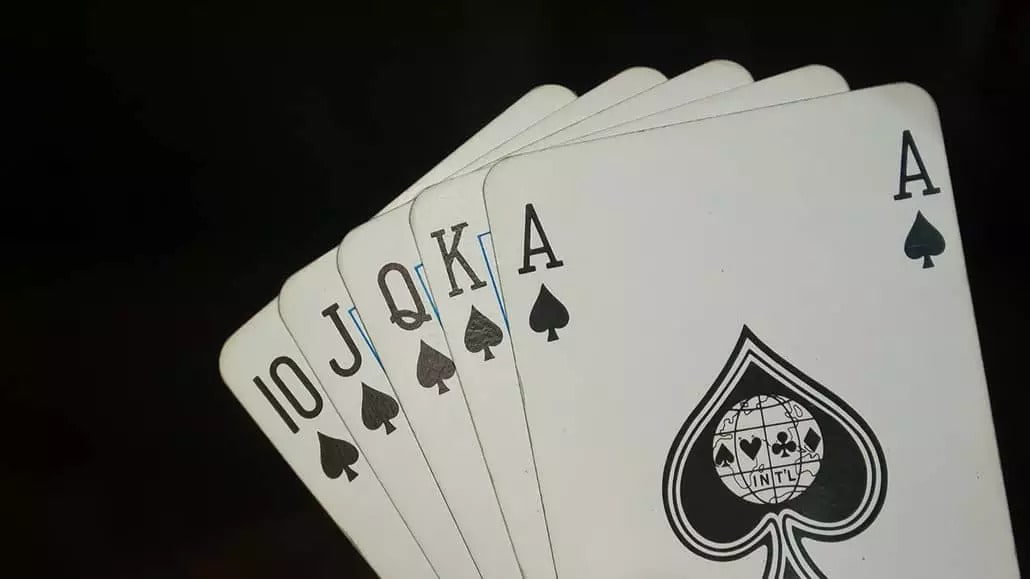
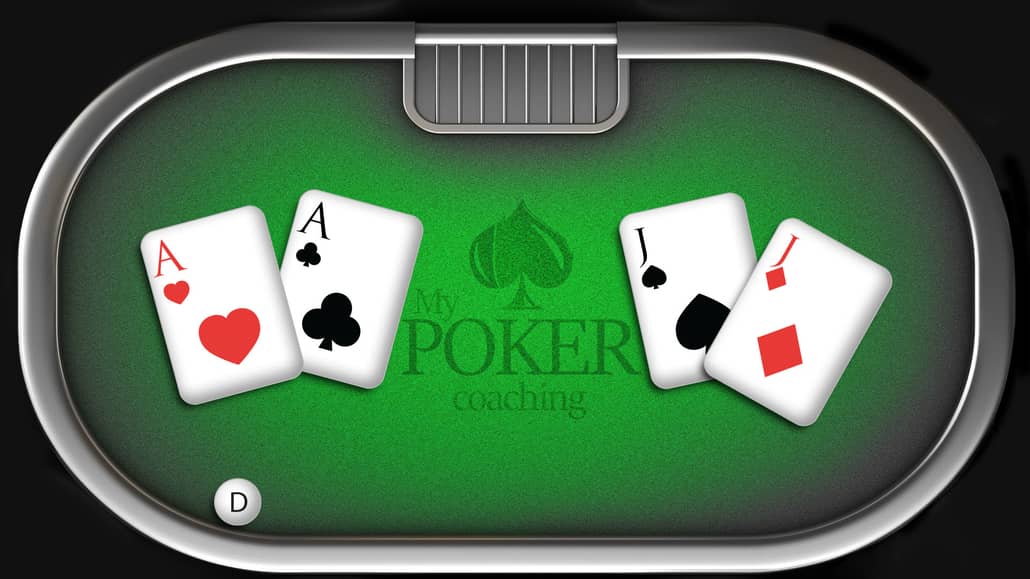

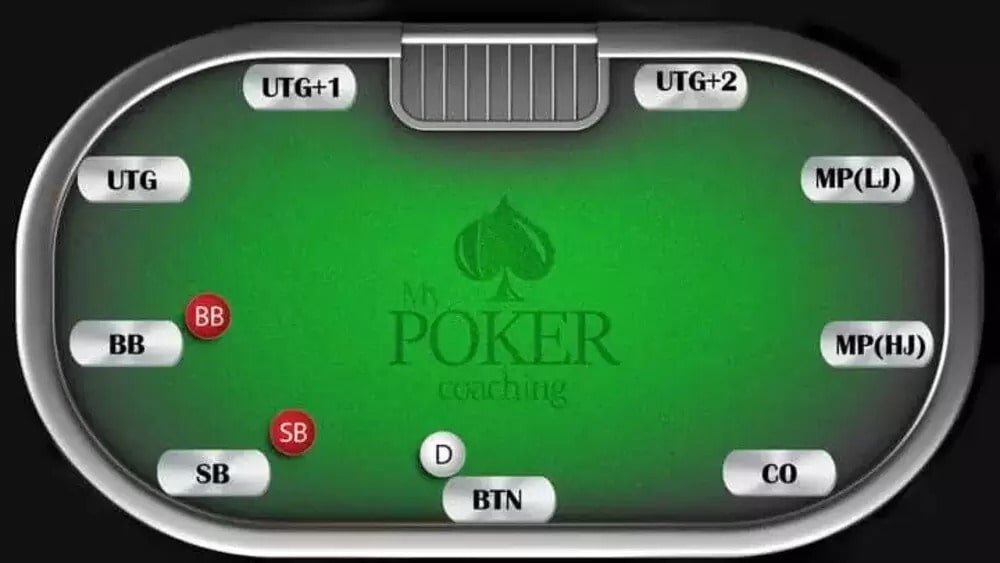

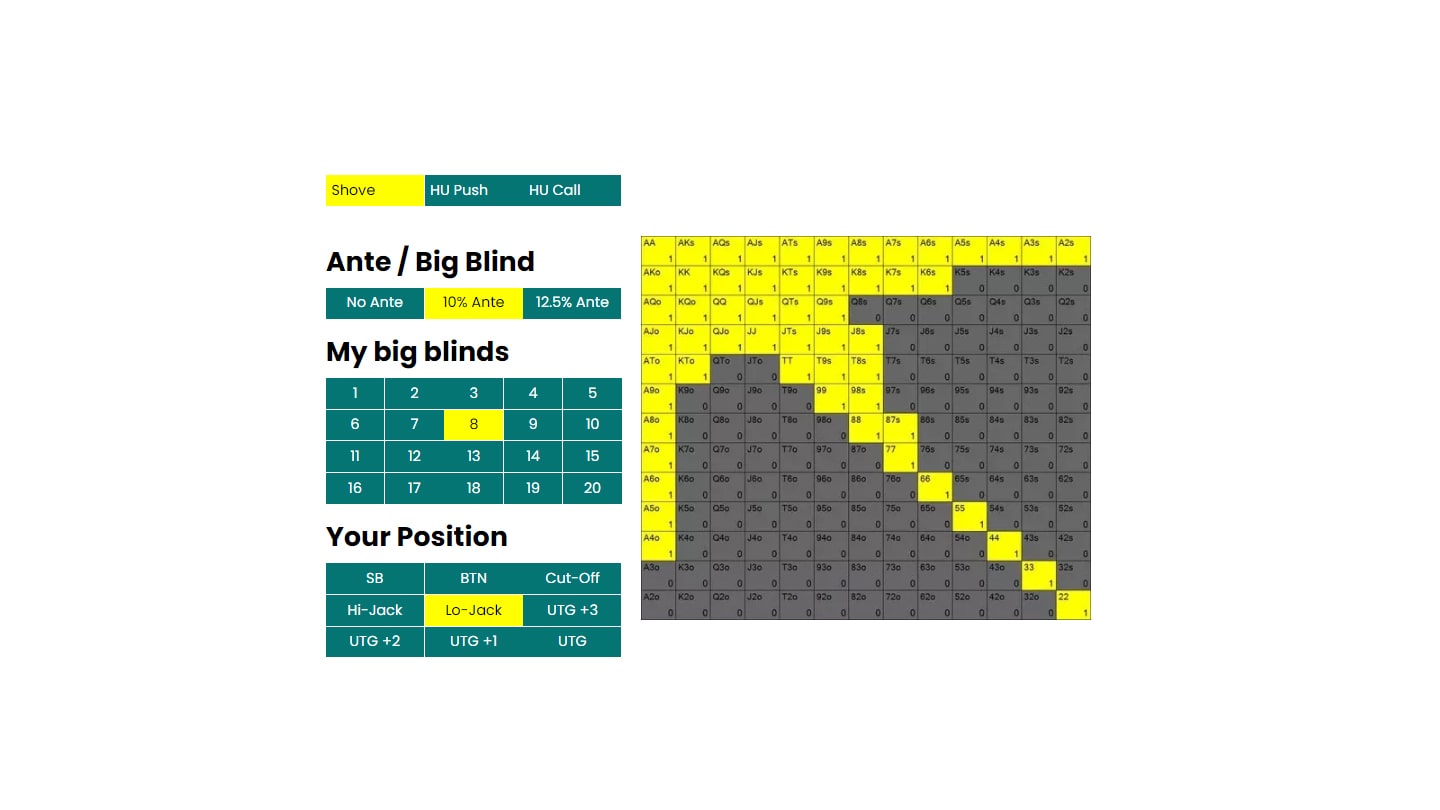




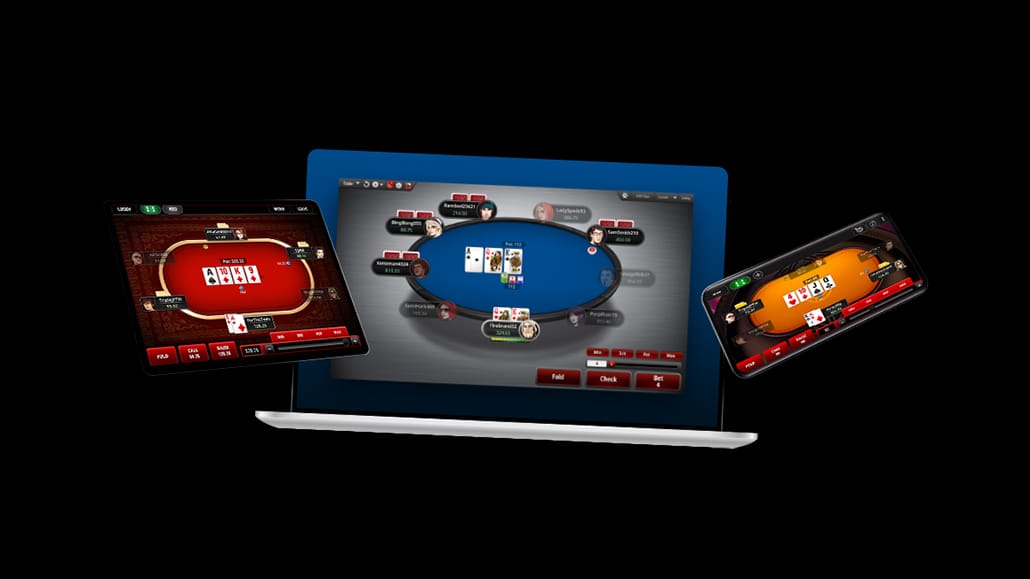


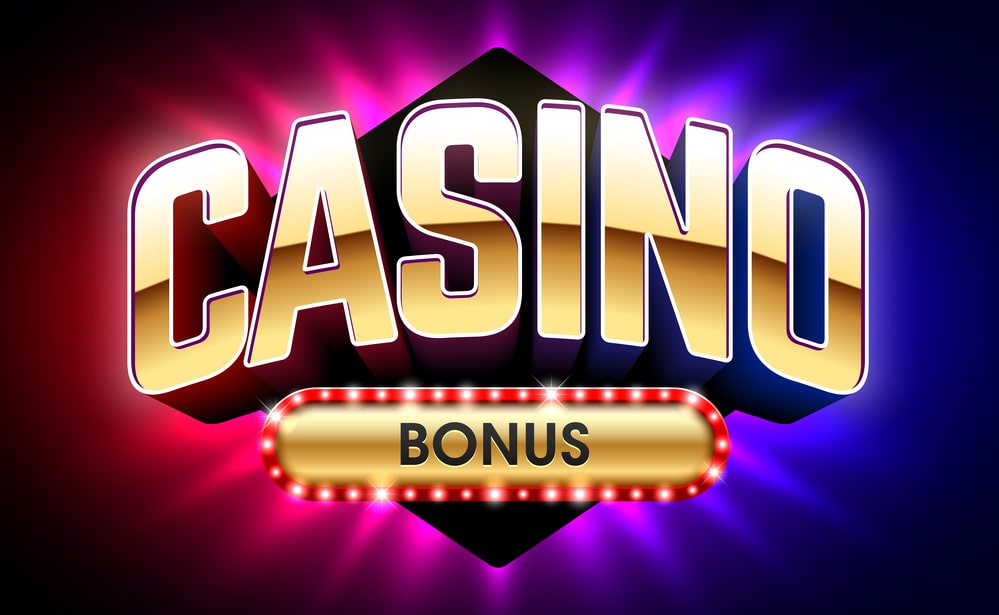

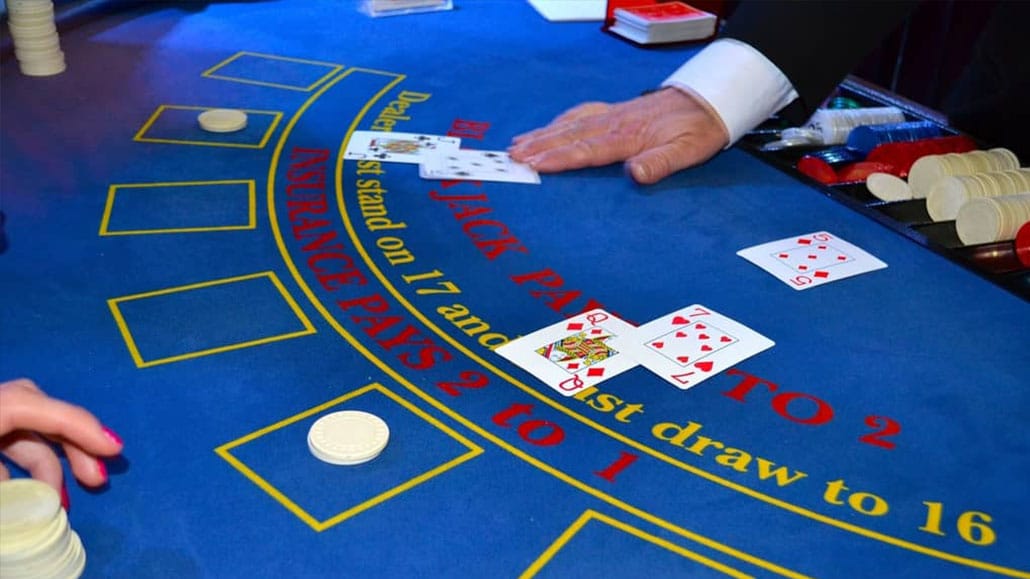

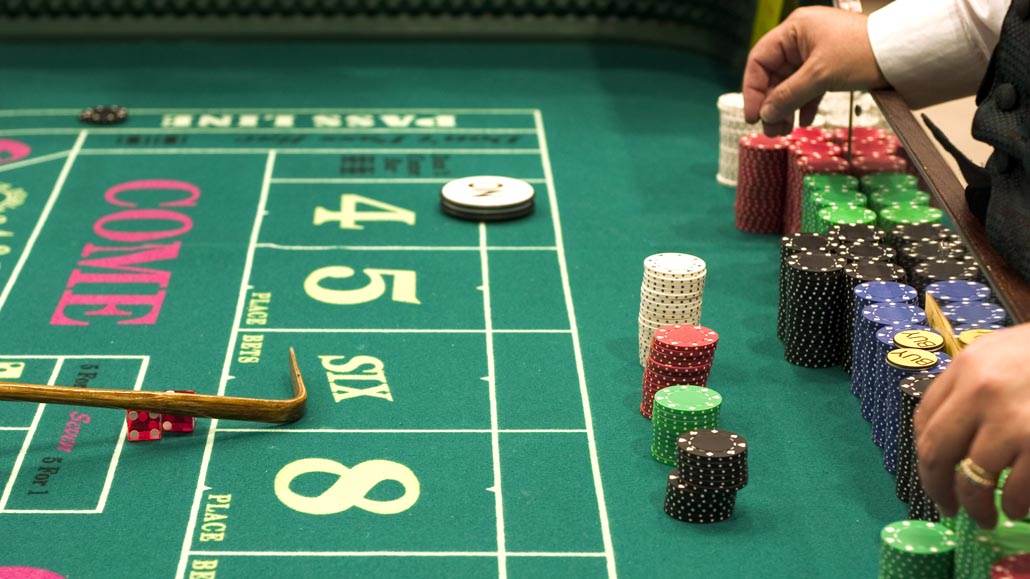
Test your skills and find the fastest way to progress
Check our frequently asked questions to find the answers you’re looking for
Why “My Poker Coaching”?
It is probably the only all-around poker blog which covers different training sites, provides free strategy tips and various interesting articles to read.
Our goal on My Poker Coaching is to help you find the best ways to improve your strategy and move up the stakes.
We do that by reviewing the best poker training programs, analyzing different software, and offering strategy articles on many topics. On top of that, we created our coaching programs that give you actionable step-by-step guides so that you could improve your results in the fastest possible way.
Isn’t games already too tough to beat?
I hear this one a lot. If games are unbeatable, how come there are so many winning players? How do you always see the same faces in the late stages of tournaments?
What if I am not good enough to win?
Do I have to be a full-time player to reach success
Many players think that either you play as a PRO or you just cannot win. However, this is as far from the truth as it could possibly be. Most of my students are playing part-time after the school or day job that they have and they just love it. It is just a hobby that can help you make a lot of money and have a great time if you follow your passion.
Can poker coaching courses actually help me to improve?
How to find the most valuable training course for my situation?
How “Value Score” is calculated?